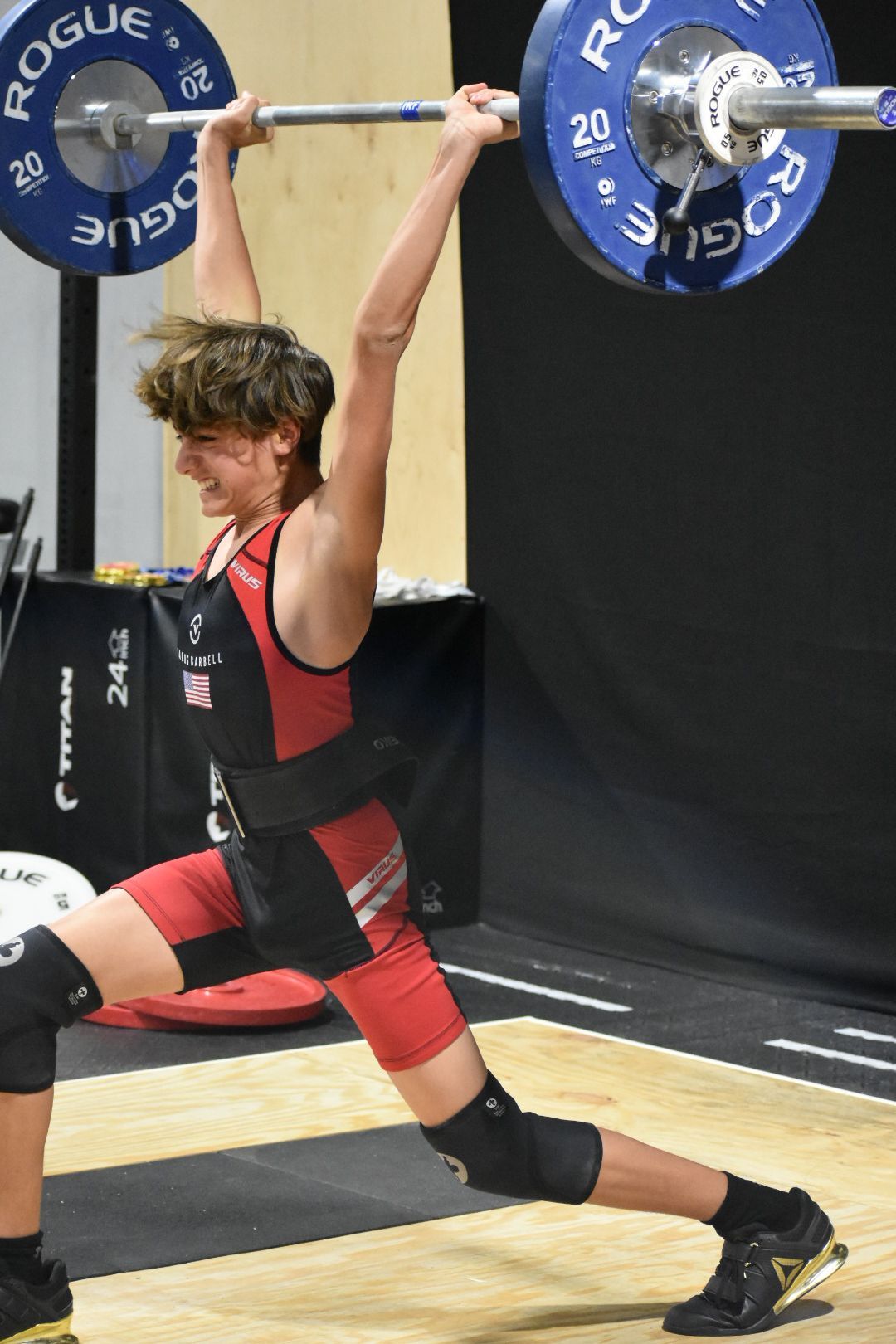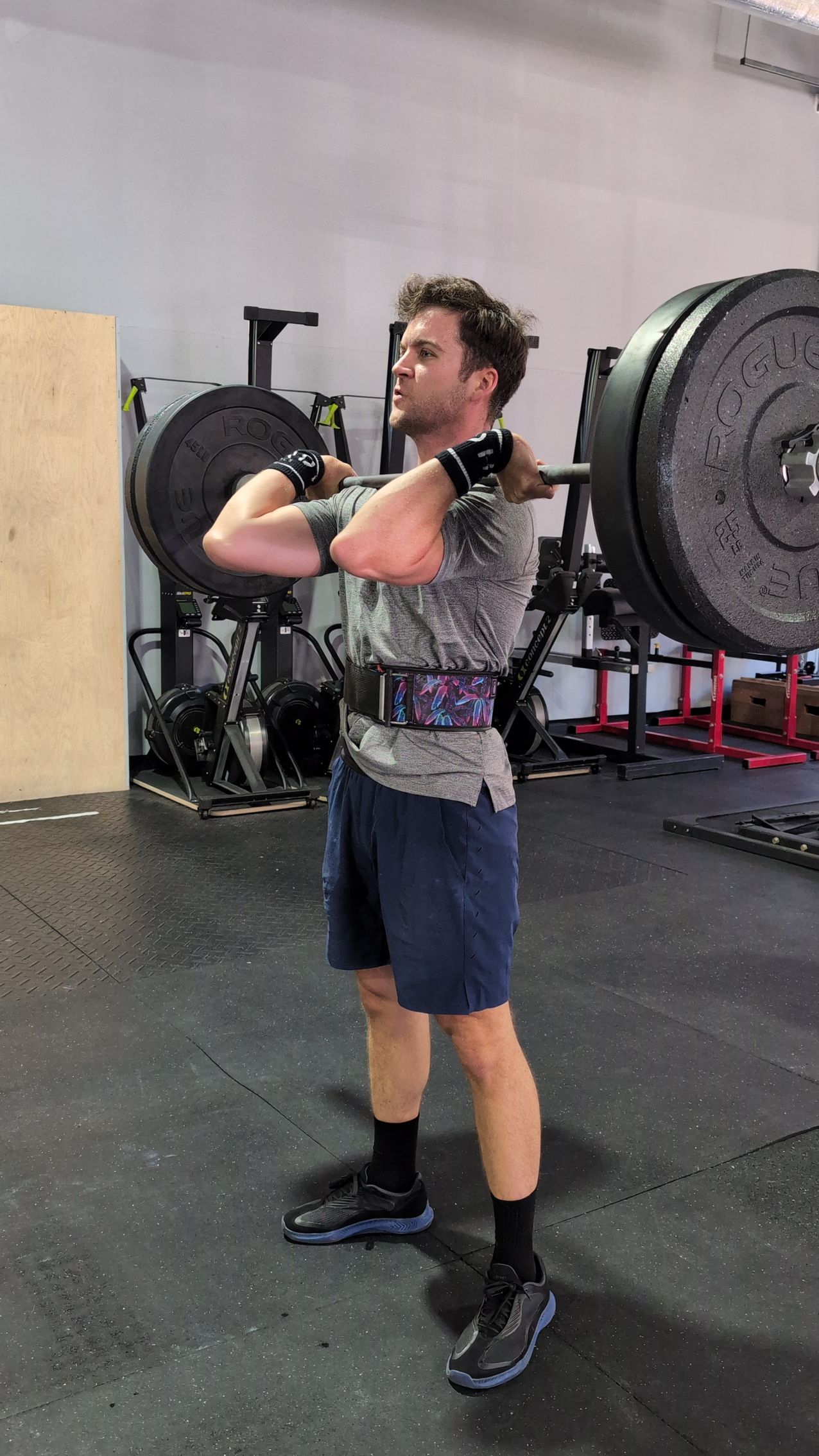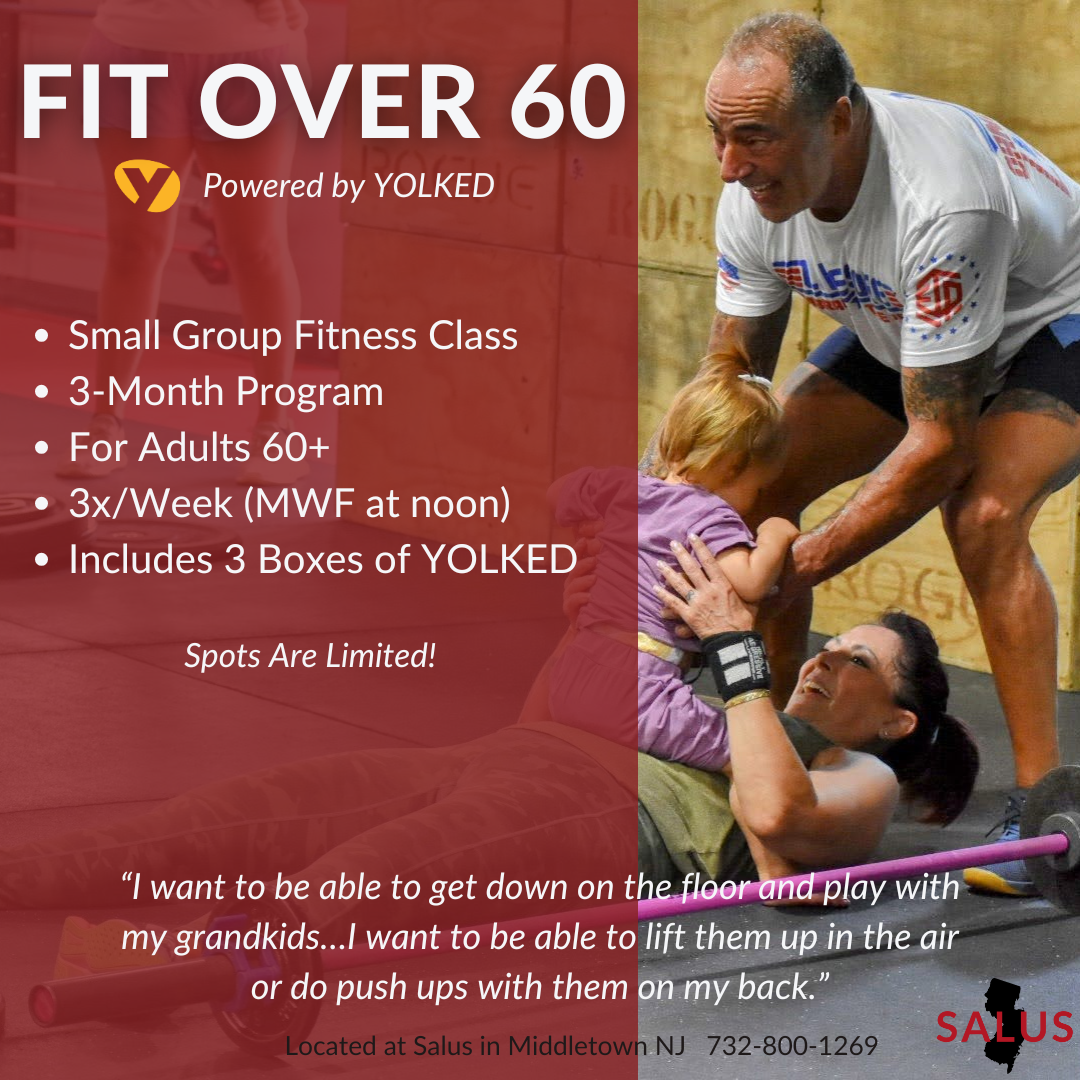Sleep 101: How much sleep do you really need?
So, your training and nutrition are both on point, but you still don’t perform the way you want? Poor recovery habits, like a lack of sleep, may be to blame. So how much sleep do you need in the first place?
In this series, we’ll take a look at some of the most common questions about sleep.
How much sleep do you need (really)?
Most of us know that getting enough quality rest is important, but, far too few of us actually make shut-eye a priority. In fact, the Centers for Disease Control and Prevention estimates that nearly a third of adults sleep less than 7 hours per night. This lack of sleep leads to increased fatigue during the day, lower energy in training, and decreased ability to focus at work and at home.
To complicate matters even more, blue lights, caffeine, and other stimulants are interfering with our natural sleep/wake cycle, also known as our circadian rhythm. For those struggling with excessive sleep debt, it can be hard to remember what feeling truly rested is even like anymore.
So, how much sleep do you need?
You may have heard that too much or too little sleep can both have negative effects. But, the amount of sleep you need exactly depends on your genes, age, health status and lifestyle factors such as stress, level of physical activity and work schedules.
Newer recommendations from the National Sleep Foundation provides an optimal window of time for different age groups. For adults (ages 26-64), it is recommended to get between seven and nine hours of sleep (but as little as six or as much as 10 may be appropriate).
Here is their general guideline:
6-13 years old = 9.5-12 hours a night
14-17 years old = 8-11 hours a night
18-25 years old = 7-11 hours a night
26-64 years old= 7-9 hours a night
What’s your magic number?
To find the magic number for you, you’ll have to take a look at the bigger picture. If you’re out less than six hours of sleep each night AND do NOT experience negative side effects, you may be considered a ‘short sleeper.’ This would be the only appropriate scenario to sleep less than the above recommended amount.
On the flip side, some people require more than 10 hours per night (‘long sleepers’). But only if no negative side effects occur.
Read more on “ Sleeping Tips for Athletes. “
Not sure if you’re sleep deprived?
Some common signs of deprivation include:
- cognitive impairment
- fatigue
- excessive daytime sleepiness
- impaired overall performance
- mood disturbances
- behavioral problems
- reduced performance, strength, accuracy
Chronic sleep deprivation can lead to also lead to more serious health conditions such as hypertension, diabetes, cardiac problems and more.
If you’re experiencing any of the above signs or symptoms, chance are that you may more rest.
Read more on “ How to Create a Bedtime Routine. “
Using the above recommendations as a guide, it’s crucial to factor in your own needs to optimize sleep for well-being and performance goals.
Check out our series on sleep for more information:
The post Sleep 101: How much sleep do you really need? appeared first on Salus.





